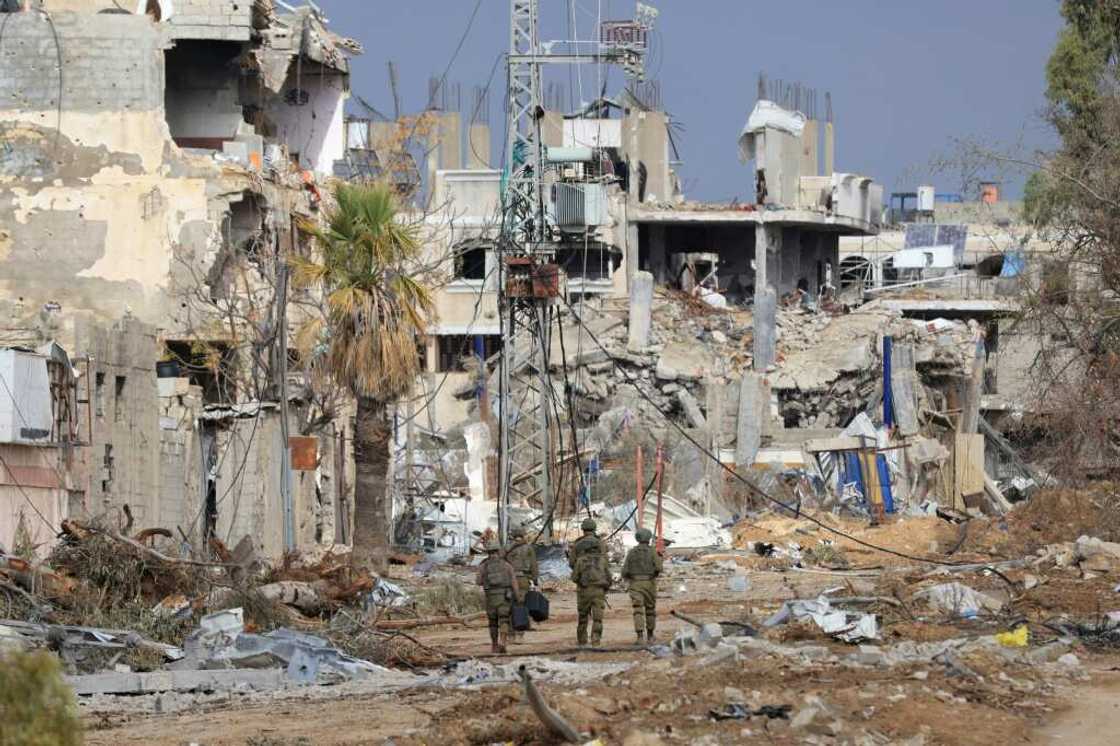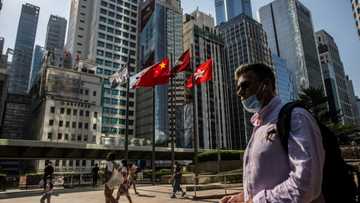IMF to revise regional outlook over Israel-Hamas conflict

Source: AFP
The IMF announced Friday that it will revise its economic outlook for the Middle East and North Africa region due to the ongoing Israel-Hamas conflict.
The conflict will have wide-ranging consequences for "both people and economies" in the region, although the extent of the impact remains "highly uncertain," the International Monetary Fund staff wrote in a blog post.
It did not say if the revisions would be released ahead of its next outlook publication, which is due in January.
"A large-scale conflict would constitute a major economic challenge for the region," they said, calling on the international community to act to prevent further escalation.
In the event of a large-scale conflict, "what is certain is that forecasts for the most directly exposed economies will be downgraded and that policies to buffer economies against shocks and preserve stability will be critical," the post added.
Tourism hard hit
Israel resumed its deadly bombardment of the Gaza Strip on Friday after a fragile truce broke down, saying it had struck more than 200 targets in the densely inhabited Palestinian territory despite international calls for a renewed pause.
PAY ATTENTION: Сheck out news that is picked exactly for YOU ➡️ find the “Recommended for you” block on the home page and enjoy!
The conflict between Israel and Hamas broke out on October 7, when gunmen from the militant group stormed across the border from Gaza into Israel, killing around 1,200 people, most of them civilians, and taking around 240 people hostage, according to the Israeli authorities.
In response, Israel announced it would destroy Hamas and began a relentless bombardment of the Palestinian territory.
More than 15,000 Palestinians, mostly civilians, have been killed across the Gaza Strip since then, according to the Hamas government's Ministry of Health, including at least 178 people on Friday alone.
Among the hardest-hit sectors in the region outside of Israel and the Palestinian territories has been tourism, which the IMF said accounted for between 35 percent and almost 50 percent of goods and services exports in MENA economies in 2019.
"Tourism-dependent economies like Lebanon, where hotel occupancy rates fell by 45 percentage points in October compared to a year ago, will see knock-on effects for growth," the IMF officials said.
Elevated risk due to the conflict could push up borrowing costs, with knock-on effects for highly indebted economies, they warned.
In the event the conflict continues, "fragile and conflict-affected states in the region, such as Somalia, Sudan, and Yemen, could experience a decline in critical aid flows, if the focus of donors shifts away," the IMF officials said.
They added that refugee flows could also increase "significantly," which would add to "social and fiscal pressures in the countries that receive them."
PAY ATTENTION: Donate to Legit Charity on Patreon. Your support matters!
Source: AFP




